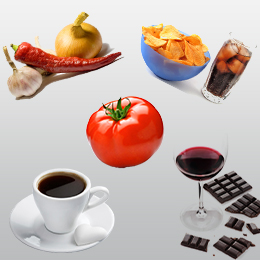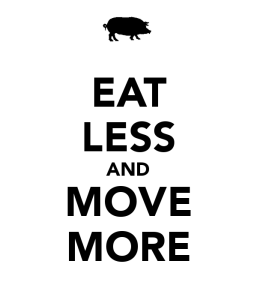
I woke up today thinking about my cousin, Julie Johnson, who is having surgery to remove a large ovarian tumor this morning. Standing in my icon corner, I beseeched God and His Mother and numerous saints to keep her safe during the surgery and to heal her afterwards. I prayed that she does not have cancer. She’s a single mom with three kids. She lost her father to cancer when she was about fourteen, and her mother passed away a couple of years ago. If you’re a praying person, please join me in asking God to heal her. If you’re inclined to contribute to her medical expenses, you can do so at Go Fund Me.

As a cancer survivor (2001) I’m always waiting for the next shoe to drop. Over the past few months my on-going struggles with GERD have gotten worse, and most days I have some nausea and/or abdominal pain. I have an appetite, but I feel worse after I eat, even an average amount of food. Of course it’s worse with alcohol and fried or fatty or citrisy foods. Everything I love.
So, on Wednesday I finally went to see my GI doctor, and we discussed a course of diagnosis and treatment. On October 13 I’ll have an upper GI series done. We discussed surgery—which I would like to avoid—and also diet and lifestyle choices that affect the gut. So why am I writing about this in my “Faith on Friday” post?
During those morning prayers that I mentioned earlier, I read this quote by St. Diadochos of Photiki (a fifth century Greek bishop):
When heavy with over-eating, the body makes the intellect spiritless and sluggish; likewise, when weakened by excessive abstinence, the body makes the contemplative faculty of the soul dejected and disinclined to concentrate. We should therefore regulate our food according to the condition of the body, so that it is appropriately disciplined when in good health and adequately nourished when weak. The body of one pursuing the spiritual way must not be enfeebled; he must have enough strength for his labors, so that the soul may be suitably purified through bodily exertion as well.
This was encouraging to me because many patristic writings—especially from the monastics—seem to over-emphasize fasting and other more radical forms of asceticism. I love that Saint Diadochos wrote about balance—about taking care of our physical bodies.
 Near the end of my visit with the GI doctor on Wednesday, we discussed things other than surgery and changing eating habits. I asked if it would help if I lost weight, and of course he agreed, so I said maybe I’ll set out to try to lose twenty pounds. He asked how I would do that (an interesting question coming from one’s physician—and I actually liked it that he didn’t tell me how to do this) and I said, “Eat less. Move more.” He just nodded and continued to write in my chart. Maybe I’ll also ask Saint Diadochos to pray for me.
Near the end of my visit with the GI doctor on Wednesday, we discussed things other than surgery and changing eating habits. I asked if it would help if I lost weight, and of course he agreed, so I said maybe I’ll set out to try to lose twenty pounds. He asked how I would do that (an interesting question coming from one’s physician—and I actually liked it that he didn’t tell me how to do this) and I said, “Eat less. Move more.” He just nodded and continued to write in my chart. Maybe I’ll also ask Saint Diadochos to pray for me.
I have sent out prayers for Julie and hope that she is healing well and wont need further treatment.
I’m sorry to hear that you have been having trouble with GERD, but glad that you have a doctor on the case with testing coming up, which should give you much more information. I know from our family experience that sometimes GERD happens along with another problem, such as gall bladder disease and lactose intolerance, so it’s great to have a doctor on the case.
I also so appreciate the message of balance from St. Diadochos. It resonates with my own sense of spirituality that body, soul, and mind are all holy and deserving of our care.
Thanks for reading, Joanne. And for your prayers for Julie. The surgery went “better than expected” but we don’t know any results yet.